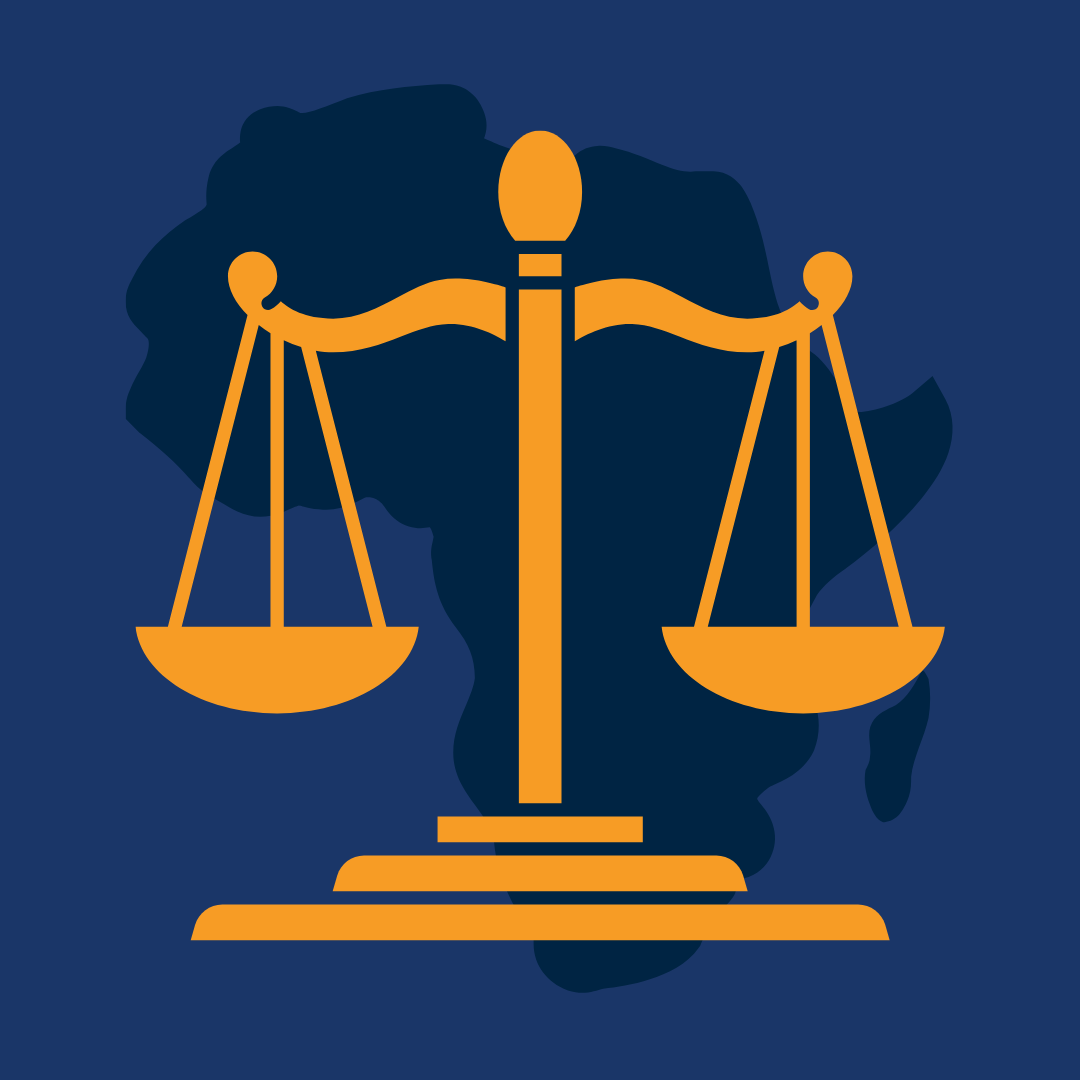7 Eye-Opening Facts About Justice Across Africa

- Millions face unmet legal needs
Many people across Africa experience unmet legal needs, particularly in rural areas and among marginalized communities. The AAPCJ aims to address this gap by advocating for people-centered reforms that make justice more accessible, equitable, and responsive to those who need it most and are often left behind.
- Justice systems vary, but challenges are shared
While Africa’s 54 countries have unique legal frameworks, underfunding and unequal access to justice are common challenges. The AAPCJ fosters cross-country collaboration to share successful models and strengthen justice delivery across the continent.
- Exploring diverse pathways to justice
Traditional courts and reconciliation practices have long been a cornerstone of African justice systems. The AAPCJ will focus on promoting diverse pathways to justice, including customary and informal justice mechanisms, legal aid, and legal empowerment, in accordance with international human rights standards.
- Data is driving smarter reforms
Justice systems are beginning to harness the power of data-driven approaches to identify gaps and prioritize solutions. The AAPCJ emphasizes the role of justice data in shaping policies that respond effectively to local needs.
- Justice is key to Africa’s vision for the future
Strong justice systems are essential to achieving Agenda 2063 and the Sustainable Development Goals (SDGs). The AAPCJ aligns with these goals, advocating for reforms that foster peaceful and inclusive societies while addressing broader development priorities.
- Addressing gender inequality in justice
Women and girls face unique barriers to accessing justice, from property rights to protections against violence. The AAPCJ prioritizes gender-responsive reforms, ensuring justice systems work for everyone.
- Africa leads in regional and global collaboration
Inspired by the successful model of the Ibero-American Alliance for Access to Justices, the AAPCJ brings together governments, civil society, and international organizations to build partnerships, share expertise, and push for systemic change in justice systems.
The launch of the AAPCJ marks a major step towards tackling these challenges and creating a future where justice systems serve all Africans equitably. By addressing unmet legal needs, fostering local innovation, and driving collaborative reform, the AAPCJ is paving the way for justice to become a cornerstone of Africa’s development.
To learn more about the African Alliance for People-Centered Justice and its mission, visit our website today.
Related Resources
